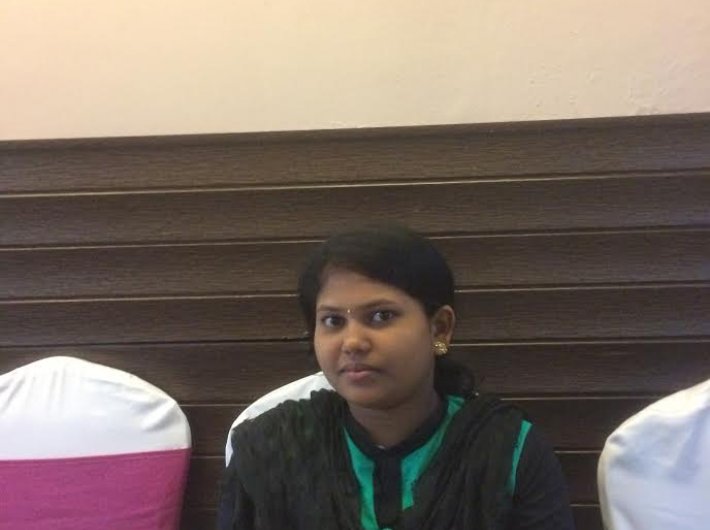The Right to Education Act has not only ensured primary education for children, but also helped to empower them. The modern children are no more the ready recipient of the cultural imposition of early marriage by their family and society. They have gathered courage to defy it.
The parents of Tara Swain from Odisha’s Dhenkanal district decided to marry her when she was barely 15-years old and was appearing in the matriculation exam.
“Traditionally girls are considered as a liability. Therefore the parents prefer to marry them in young age. My family was no different. Poverty was also another reason for the decision,” says Tara who managed to persuade her mother that she wants to study and grow in life – to lead a more meaningful life.
Her marriage plan was dropped. Now she has completed her graduation in Odia and is willing to pursue her post graduation. “Now my mother says that I should pursue higher studies and prove myself.”
Diptimayee Pal from a slum in Bhubaneswar too successfully resisted marriage proposal at the age of 14. She was then in class nine. She is now a graduate from Maharshi women’s college and is teaching at a private primary school.
Duimati Santa, a tribal girl from Koraput district, was persuaded to marry when she was just 14. She too opposed early marriage. Adivasi Ekta Sangathan (Organisation for Tribal Unity), a network of people’s organizations that works for the welfare of the tribals, met her parents and the community leaders to persuade against marrying her so early.
Duimati says, “Traditionally families feel that a growing girl should not remain unmarried. Therefore they marry the girls early.” However after a lot of persuasion, her parent and the community leaders agreed to allow her continue her study and postpone her marriage plans.
For her courage to stand against child marriage, she has bagged an award from the Odisha state commission for protection of child rights (OSCPCR).
Chhabi Khila, a tribal boy from Deomali of Koraput district, also defied attempt to marry him off, when when he was 14.
It is evident that child marriage among women is prevalent in varying degrees across all the districts in the state.
According to National Family Health Survey (NFHS) - 4, the Malkangiri, Nabarangpur, Mayurbhanj, Koraput, Rayagada and Nayagarh – mostly the tribal districts save Nayagarh -- recorded more than 30 percent women aged between 20-24 years who got married before the legal age. Child marriage is also practiced among different caste groups, other than the tribals.
There are various factors behind child marriage, which is a consequence of the poor economic conditions and gender inequality persisting in different parts of the state. The cost of raising a girl child and of higher education and even the prospect of losing a bright candidate drive poor families to marry their daughter at an early age. The element of safety and security of the girl, especially in their adolescent period has also contributed to the rate of prevalence of child marriage.
Many poor families in rural pockets, especially dalits and tribals consider education a waste, thinking that it does not help them to develop the skills required to earn livelihoods. As a result, the dropout rate particularly among girls between class V – X is high for the purpose of marriage, child bearing and ultimately to join the labour force.
Child marriage has been accepted as a social norm in most of the tribal communities. Apart from poverty, lack of literacy, awareness are also responsible for child marriage in the state. Lack of awareness on the legal provision that prohibits child marriage coupled with non-serious approach of law enforcers is also responsible for the situation.
Impact of child marriage
The impacts of child marriage are adverse for both sexes, but more significant in the case of girls. Child marriage among girls has resulted in early pregnancies and complications during delivery of the child. It has been observed that more pregnancies among young mothers lead to frequent abortions. The young mothers, who are mal-nourished, give birth to not so healthy child.
Many girls who are married young are exposed to domestic violence, gender discrimination, HIV/AIDS. In many ways, early marriage has restricted the normal transition process of a child to his/her adolescence period and limited the scope of informed choices, avenues for skill building and pursuing individual aspirations.
Ghasiram Panda, a social activist at ActionAid Odisha, an NGO, opines, “The age between 14 – 18 is very vulnerable for the girls who are forced to marry. Education can prevent child marriage. Therefore we urge the government to provide free and compulsory education under RTE till at least class 10 in place of the current provisions till class 8.”



